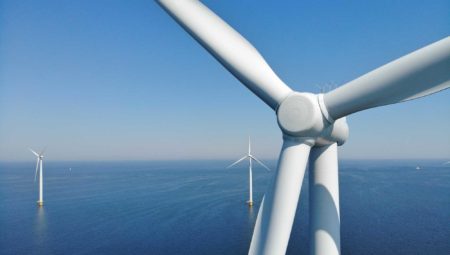To this end TNO has formed a consortium with the Belgian company Bekaert, Johnson Matthey from England and the German company Schaeffler. The consortium aims to accelerate the development of Proton Exchange Membrane (PEM) electrolysis technology by improving and integrating the various components in the electrolyser stack, the technical ‘heart’ of the electrolyser. This will ultimately lead to a new generation of PEM electrolysers with lower electricity consumption, lower costs for the hydrogen and a more compact system. Extra attention is being paid to minimising the use of scarce materials and a longer lifespan.
Decarbonisation
Green hydrogen plays a key role in all zero-emission climate scenarios and is essential for the decarbonisation of heavy industry. Electrolysis is the technology to produce green hydrogen from water and renewable electricity from e.g. sun and wind. It is a so-called key technology for moving towards zero emissions.
In a recent report, the International Renewable Energy Agency assumes that approximately 5,000 gigawatts of electrolysis capacity will be needed by 2050. This is sufficient to meet 12% of the world’s energy demand. To make this possible, technology innovation and accelerated implementation are an absolute must.
The parties will cooperate in a three-year joint research programme, part of the Voltachem Programme, in which the chemical industry, the energy sector and the manufacturing industry work together towards a climate-neutral future.
The consortium is open to new partners. Visit the TNO website for more information.
Image: petrmalinak/Shutterstock



